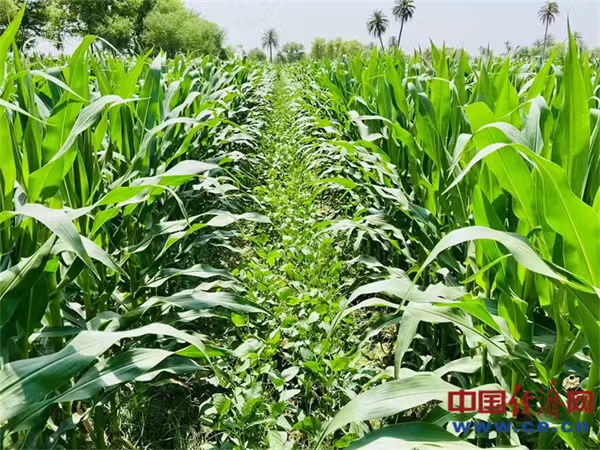BEIJING: As Pakistan has been confronted with severe economic challenges especially after massive countryside floods, with the shrinking foreign exchange reserves, the country’s various imports are putting additional financial strain.
Statistics from the State Bank of Pakistan (SBP) show that in FY2021, Pakistan’s imports of soya beans, whether or not broken, reached about $1.145 billion, a strong growth of about 50% year-on-year, exhibiting the country’s urgent demand for soybeans. However, in the first quarter of FY2023, Pakistan’s soybean imports were $269 million, down about 18% year-on-year, which may had been affected by the decline of the country’s foreign exchange reserves.
Soybean production should be adequately considered by Pakistan because of the country’s over dependence on imports of soybeans.
Lack of high-quality seeds, high-yielding planting patterns and machinery restricting Pak soybean production
“We are dependent on imports. It is very expensive which causes increase in the price of feed, oil etc. day by day. It is our need to plant it in our country,” Hafiz Saad Bin Mustafa, Oilseed Scientist, Ayub Agricultural Research Institute said.
According to him, In Pakistan, all crops are non-GMO except cotton. “Most foreign varieties that we import are of mild areas and GMO. They can neither be planted here nor can they survive here. So seeds of local varieties should be multiplied and should be promoted in the potential areas that we have identified by our trials and adoptability studies,” Hafiz said. As he sees it, since soybean is mostly cultivated in such countries as America, Brazil and Argentina where there is mild climate, Pakistan needs to develop its own non-GMO soybean verities that can perform well in high temperatures.
“We do not produce good quality seeds, and the total seed production is twenty percent in different crops. There is a huge gap. At present we are dependent on imported seeds for different crops even for wheat, rice, cotton and vegetables, and the same is with soybeans. –Agencies






